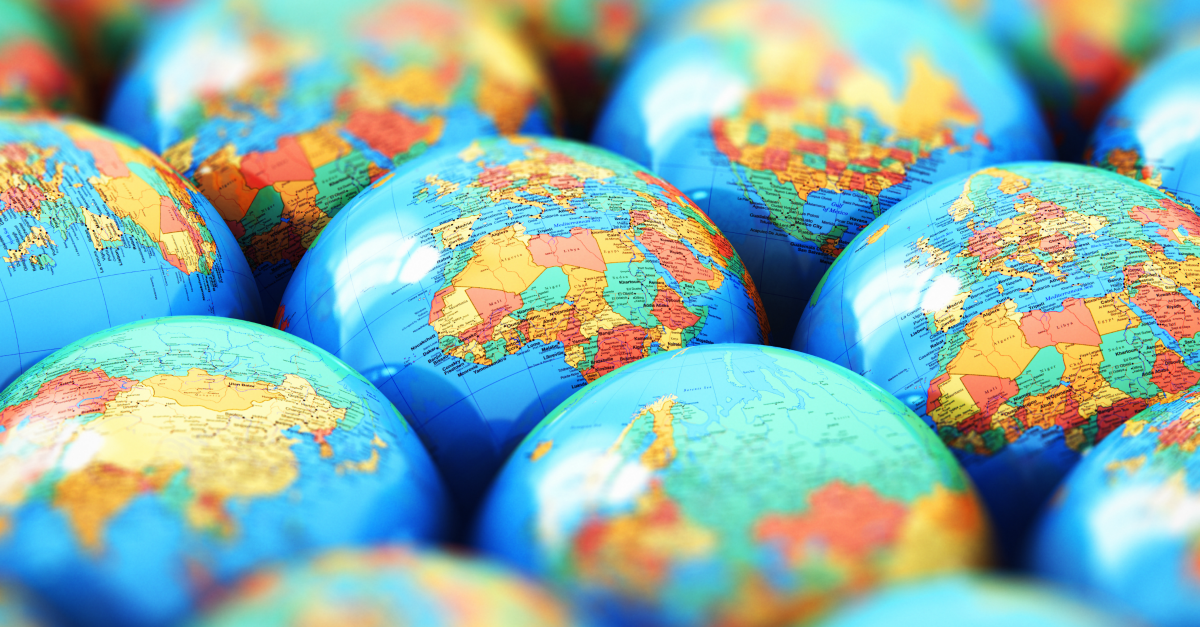There are more than 4 billion people in the world who don’t have internet access, but Facebook’s Mark Zuckerberg has a plan to connect everyone on the planet, for free.
Not everyone is on board with the idea – called Internet.org – or one of its programs – Free Basics – which aims to connect the more than 90% of the world that lives within areas of existing cellular coverage.
Detractors have said it is really just a “walled garden for poor people,” and India recently rejected Facebook’s all-out effort to implement the plan.
Despite this major setback, Facebook is ploughing ahead and looking for technological solutions to the problem of how to bring internet to billions of people who may live in remote areas with limited infrastructure.
Among the solutions being considered are high-altitude balloons, drones and satellites.
Different regions may be better suited for one technology over another, but determining which solution is most viable has another obstacle: the regions without internet also lack reliable data on how many people live there; whether they are clustered together in cities or spread out over wide areas.
Zuckerberg revealed Facebook’s hidden card during a presentation at Mobile World Congress this week – using the massive computing power at Facebook’s disposal to crunch data from 14.6 billion satellite images to find out exactly where all those people are.
Leading the project is Facebook’s Connectivity Labs (which is also part of Internet.org).
In a blog post, Facebook’s Andreas Gros and Tobias Tiecke explained how they used Facebook’s image-reading technology to train machine learning algorithms how to spot human structures (houses and buildings) from the satellite images.
Using this method, Facebook was able to analyze 21.6 million square kilometers and 350 terabytes of imagery to identify buildings in 20 countries in the developing world.
Previous datasets for these countries could only count the number of people in geographic areas that were hundreds or thousands of square kilometers, but Facebook’s image recognition technology and machine learning algorithms have figured out where people in those countries live with an accuracy of five meters.
And while Facebook’s effort isn’t totally altruistic – working out how to get billions more people online and on Facebook helps Facebook’s bottom line – there are many more applications for the data.
Facebook’s maps could be used to help urban planners build more efficient transportation systems and public services, epidemiologists study disease outbreaks, and emergency workers plan better disaster relief.
There could be national security applications too.
Intelligence agencies with big computing power and deep-learning algorithms could use the same methods as Facebook to interpret satellite imagery without the intervention of less-intelligent humans.
Image of globes courtesy of Shutterstock.com.

Mahhn
Free internet is nice, people can learn anything and potentially improve their lives.
But it does remind me of drug dealers sharing a little for a while until your hooked, then you give up your life to pay for the addiction, to free porn that is….. must, have, internet!
Southpark, S12 Ep 6, Over logging.
Bryan
must…resist…sockpuppet (har–sorry)
wanna upvote once for comment, again for topical SP reference
Blake
“There are more than 4 billion people in the world who don’t have internet access, but Facebook’s Mark Zuckerberg has a plan to connect everyone on the planet, for free.”
While you do mention the controversy in the next paragraph, _free access to select websites_ does not equate to _free access to the internet_. Rather than repeating the false statements of Internet.org and later citing criticism, I’d rather see a short, accurate statement about what Internet.org really is – a group of corporations which aims to connect people without internet access to the content and services these corporations otherwise offer online.
Paul Ducklin
That’s not quite the conclusion I reached from reading up on Free Basics.
Anyone can add their site to the Free Basics list, subject to certain technical conditions. These conditions require that the site works reliably on featurephones, and doesn’t require a much more expensive smartphone. (I suspect that a lot of people in the developed world have no idea how expensive iPhones and Androids are if you are not already rich enough to get accepted for a contract.) That’s harder and more difficult than you might think: no video; no audio; no images over 200KB; no JavaScript; extra testing; and more.
So it is just as reasonable to say that internet.org is “a group of corporations that aims to connect people without internet access to the content and services of providers who could be bothered to make an effort to support the sort of devices that the disadvantaged are most likely to have, even though there won’t be any money in it for a while.” And that list of providers happens to include companies like Facebook and the other “corporations” you seem to deride.
Jack H
Who’s calling folk “less-intelligent humans” – John Zorabedian, you should know better. The human brain has the capacity to outstrip any artificial intelligence or computer – after all, it’s human brains that designed them!
Anonymous
I don’t know of a computer that can out-think a human, but I don’t know a human that can read and interpret 14 billion images either.
Brain
In one corner there’s the ‘get rich quick /keep control” governments and in the other the “get rich slow/ control the market” companies …..irrespective of the prime reasons, connectivity is what’s needed and to this end Facebooks intentions get my vote.